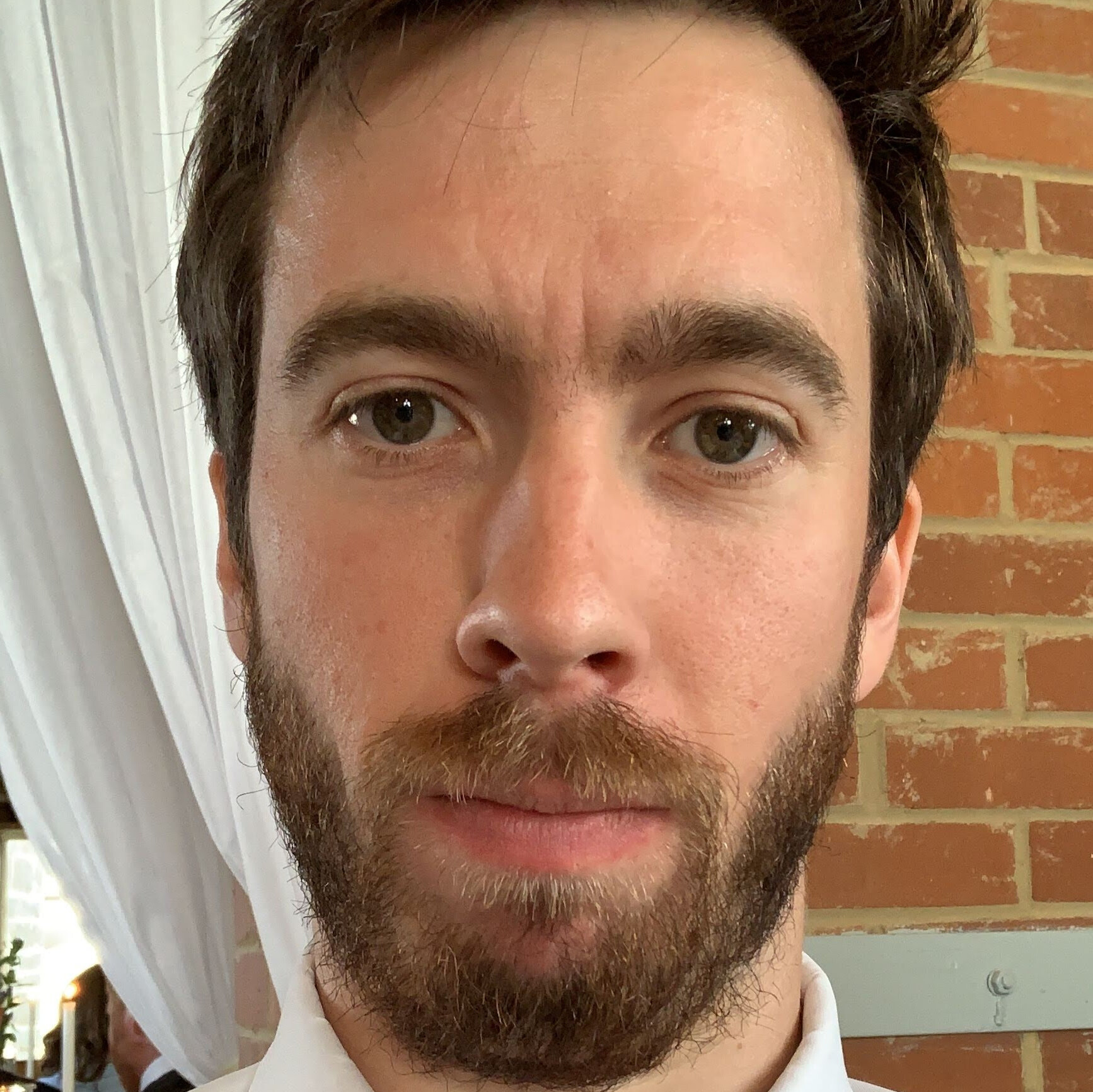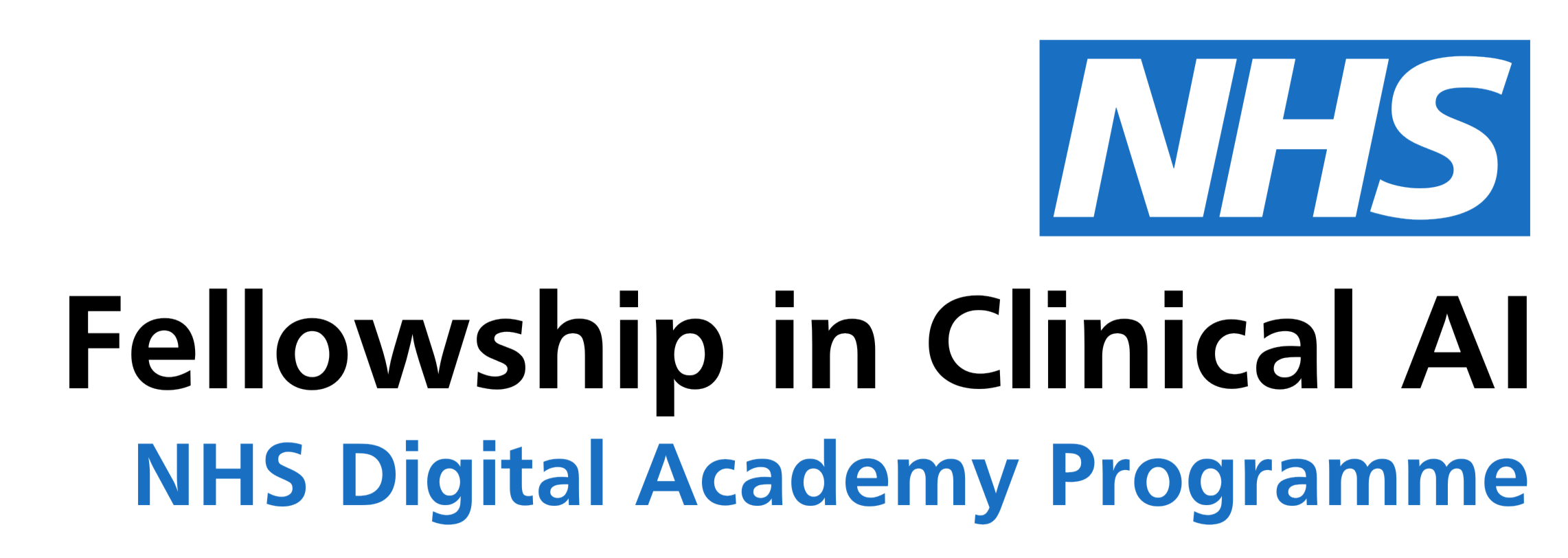
Michael Mackay
Fellow in Clinical AI, Cohort 3
Fellowship Bio
I am a Neurology SpR in the East of England interested in leveraging digital transformation and AI to improve delivery of care, assist healthcare professionals, and facilitate research. I am working with the Applied Healthcare Analytics team to deploy AI tools within the Epic EHR ecosystem.
Fellowship Project
In basket ART: Using generative AI to draft responses to patient messages
Cambridge University Hospitals NHS Foundation Trust
While many AI tools are developed to assist in patient care, all healthcare professionals are subject to a significant burden of administrative work which impacts on the amount of direct patient care they can provide, and which modern AI tools are ideally suited to help tackle. Augmented Response Technology (ART) in Epic utilises OpenAI’s GPT LLMs to generate draft responses to patient messages sent through the MyChart patient portal. These messages appear in a user’s Inbasket within Epic and are reviewed and edited before sending to patients. The technology has been deployed in centres in the US and found to reduce time taken to respond to messages, and improved satisfaction with administrative burden. Our goal is to deploy and evaluate ART within the community midwifery service and develop a system for ongoing monitoring of performance. My role was to lead on the development of the pipeline for deployment within a service, from the initial data privacy impact assessment, through the clinical safety case and hazard assessment workshop, initial prompt engineering and iterative development, designing the studies for initial evaluation and deployment, then post-deployment monitoring. We are now in the process of an initial evaluation of the model output with the community midwives, planning for a final iteration of prompt engineering, and we will then progress to an initial blinded study of responses to messages using both model responses and responses sent by midwives. We will then aim to deploy the model in production to a limited number of users and perform a time-in-motion study to evaluate the time saved by ART, as well as a direct analysis of similarity between draft responses and sent messages.
Fellowship Testimonial
What I enjoyed most was working in an interdisciplinary role between software, management, and clinical teams to deliver a project which can help improve clinical services. I gained insight into the work that, to my earlier self, went on behind the scenes, and what is needed to deliver effective change. The workshops were also an invaluable window into the work and experiences of centres around the UK in what is a very young field, and a chance to learn from those experiences and bring them back to my own trust. I had the opportunity to broaden my skills and knowledge, not just in AI and the AI lifecycle, but I also completed the Epic Physician Builder training, which has allowed me to continue to independently provide small quality improvement changes within Epic for the Neurology service at Cambridge. I met lots of incredibly talented and interesting people and I hope this is the beginning of lots of collaboration to help drive the NHS into the future.


